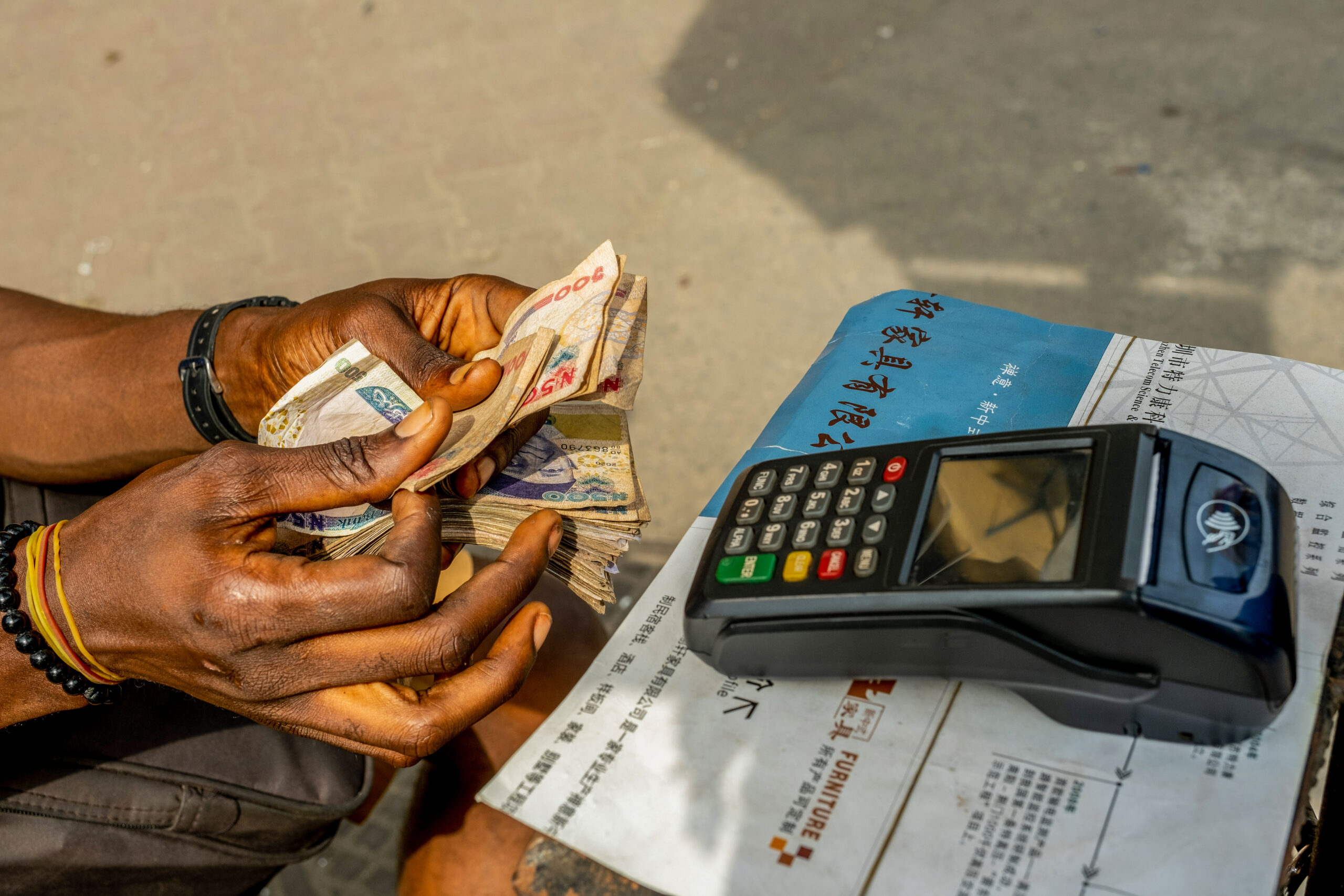Nigeria’s Central Bank is tightening its grip on the country’s sprawling point-of-sale (PoS) ecosystem, ordering operators to geo-tag over 4.2 million terminals within 60 days or risk being shut down. The directive, issued August 25, 2025, targets licensed providers including Moniepoint, OPay, PalmPay, and traditional banks, and marks one of the most aggressive moves yet to curb fraud and restore transparency in the fast-growing payments sector.
Under the new rules, PoS terminals must be registered with precise GPS coordinates tied to the merchant’s physical address. Devices will be restricted to a 10-meter operating radius, and any terminal not geo-tagged by the October 20 deadline will be disabled. The Central Bank will monitor compliance via a software development kit linked to the National Central Switch.
The crackdown comes amid rising concerns over cloned terminals and ghost agents operating outside regulatory oversight. Nigeria’s PoS network has ballooned in recent years, with over 1.5 million agents nationwide—roughly one for every 80 citizens. In dense urban zones like Lagos, there are as many as 1,600 PoS operators per square kilometre, according to recent data cited by Bloomberg.
The geo-tagging push builds on earlier reforms, including mandatory registration with the Corporate Affairs Commission (CAC) and routing transactions through licensed aggregators. Together, these measures signal the regulator’s intent to formalise and sanitise a sector that has become a lifeline for cash-based consumers amid ATM shortages and currency volatility.
While the move may disrupt informal operators, it’s expected to strengthen trust in digital payments and improve traceability across Nigeria’s financial system. For fintechs and mobile money providers, the next 60 days will be a race to retrofit hardware, update software, and ensure compliance—or risk losing access to millions of daily transactions.
Get passive updates on African tech & startups
View and choose the stories to interact with on our WhatsApp Channel
Explore




